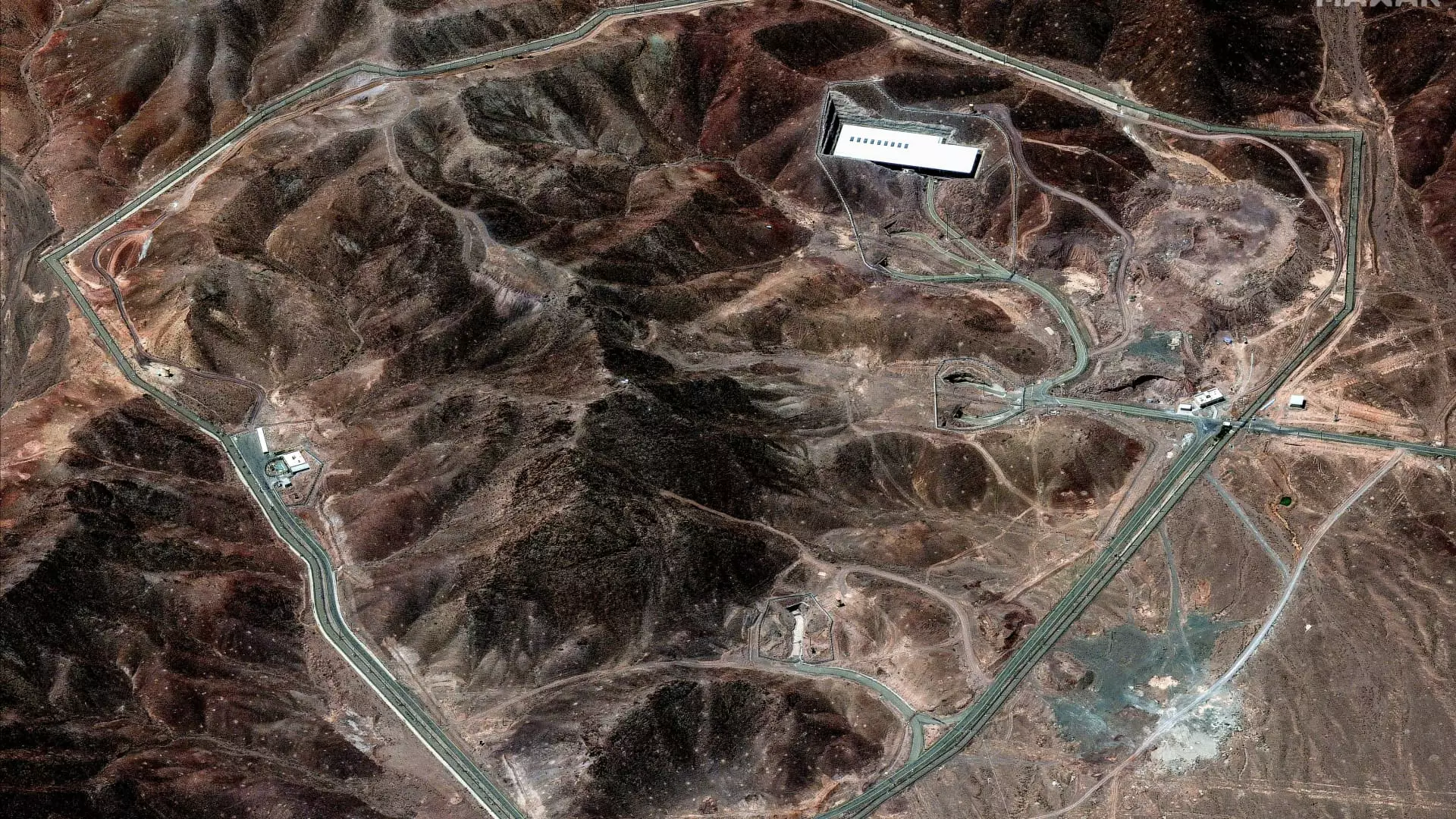In the complex theater of international relations, misinformation and strategic deception often overshadow genuine intelligence. Recent remarks by Senator Markwayne Mullin reveal a troubling ignorance—or perhaps a deliberate obfuscation—of the realities surrounding the U.S. airstrikes on Iran’s Fordo nuclear facility. Rather than focusing on the significant ethical implications of military engagement, leaders like Mullin seem more preoccupied with reasserting the image of American omnipotence. His assertion that Iran did not successfully relocate nuclear material before the strikes may comfort certain constituencies but ultimately serves to gloss over the deeper crisis of accountability in American foreign policy.
Before the airstrikes were executed, claims emerged from various Israeli sources about Iran moving its uranium and vital equipment from Fordo. While Mullin refutes these reports, bolstering a narrative of American supremacy, one must question the credibility and reliability of any intelligence that supports such an unwavering stance. The very idea that crucial elements of Iran’s nuclear capabilities remain intact yet unverified adds necessary ambiguity to what ought to be a clear-cut accountability endeavor.
A Dangerous Game of Power and Perception
Mullin’s confident proclamation that “we have the ability to destroy things that people think were undestroyable” reflects both an arrogance and a danger inherent in contemporary military strategy. This notion of assured destruction may sound like a comforting mantra for those in power, yet it dangerously belies the nuanced reality of global geopolitics. The belief that airstrikes alone can eradicate deeply embedded nuclear capabilities underestimates Iran’s resilience and capacity for innovation.
By relegating the complexities of international diplomacy to mere military engagement, the U.S. risks further destabilizing an already volatile region. Mullin’s insistence on “finishing the job” with airstrikes raises several ethical questions: Are we truly prepared to escalate our military presence in the Middle East? How will this impact our relationships with other nations, particularly allies who might disagree with our unilateral decisions? The senator’s words echo a troubling propensity for engaging in battles that define power dynamics rather than seeking long-term, diplomatic resolutions.
Shadows of Congressional Authority
Another alarming element of this ongoing saga is President Trump’s lack of congressional authorization for the strikes. By circumventing a critical democratic process that necessitates debate and accountability, the administration risks alienating both allies and legislative partners. The erosion of such checks is particularly concerning in the context of military actions, where the ramifications extend far beyond U.S. borders. Mullin’s reference to potential continued airstrikes in collaboration with Israel suggests a willingness to further sidestep democratic norms for the sake of national security rhetoric.
This circumvention poses questions about the very foundations of our democracy: Where is the line drawn when military engagement becomes a foremost priority over discussion and deliberation? Are we willing to sacrifice accountability at the altar of what some perceive as patriotic firmness? Engaging Congress in matters of military action fosters a collaborative atmosphere that can lead to more sustainable and ethically sound outcomes.
The Paradox of America’s Image
The tenor of the statements made by Mullin and echoed by the administration paints a portrait of America as a global warrior, relentlessly hunting down perceived threats. Yet this self-portrayal simplifies a host of intricate issues that will ultimately backfire. Presenting military action as an absolute necessity not only narrows the pathways to diplomatic engagement but also substantiates a cycle of violence that could alienate both domestic and international communities.
The fixation on obliterating nuclear capabilities reflects a broader pattern in American foreign policy, where short-term objectives eclipse longer-term stability. By failing to incorporate dialogue, negotiation, and development into our strategic framework, the U.S. risks perpetuating a crisis cycle that fans the flames of extremism, ultimately thwarting the very goals it claims to uphold: peace and security. In a time when the stakes are profoundly high, it is crucial to challenge not only the narratives crafted by leaders but also our collective understanding of security in an increasingly complicated world.


Leave a Reply